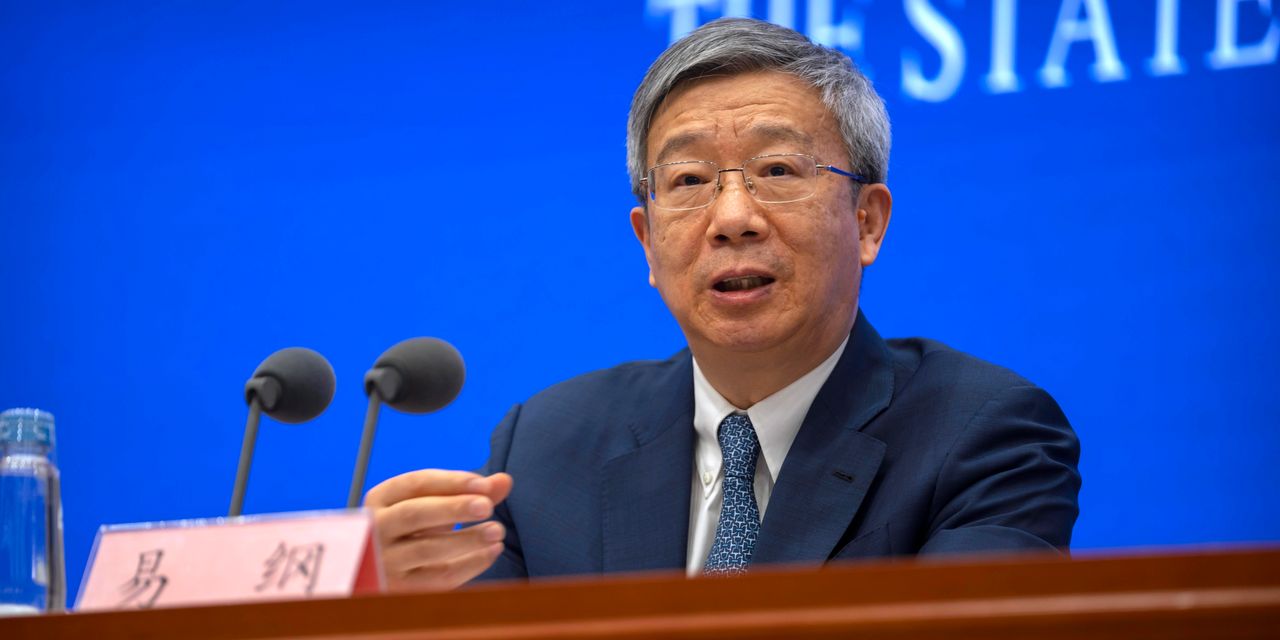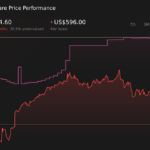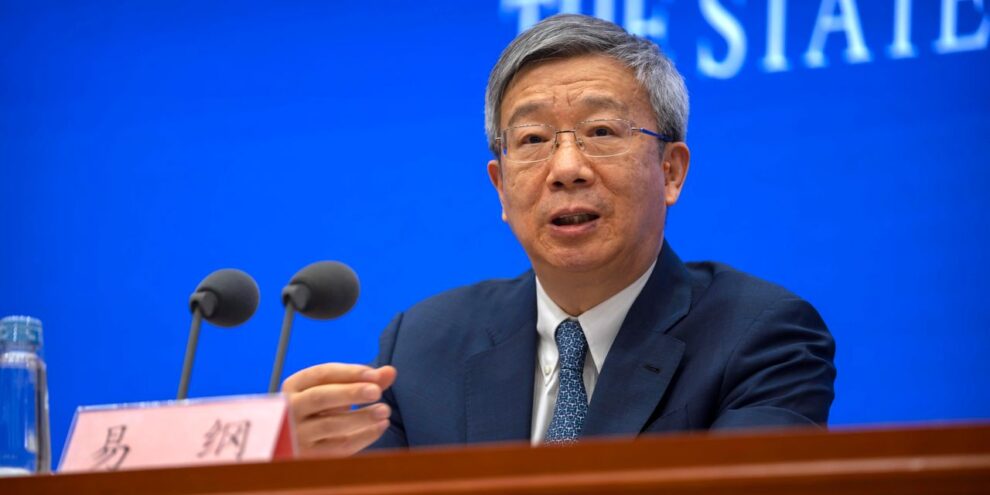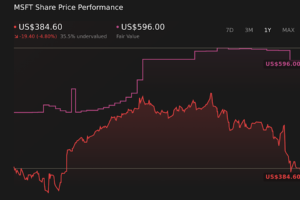
People’s Bank of China Governor Yi Gang on Saturday called for stronger coordination between U.S. and Chinese economic officials
“For the largest major economies, at this point, communication and policy cooperation is even more important,” Yi said, during a discussion at the Peterson Institute for International Economics.
Yi was in Washington D.C. for the spring meetings of the International Monetary Fund and World Bank. Chinese officials said that Yi met with Fed Chairman Jerome Powell on the sidelines of the talks.
Worries about split between the U.S. and China cast a pall over the meetings. IMF Managing Director Kristalina Georgieva even warned about the risk of a second Cold War.
The Biden administration is moving forward with initiatives to move critical supply chains to geopolitical allies other than China. This policy has been dubbed “friend-shoring.”
In a speech earlier this week, Yi said that friend-shoring was going to keep tensions from easing.
U.S. and Chinese officials made some effort to dispel concerns that that they can’t cooperate. U.S. Treasury Secretary Janet Yellen praised China for its work on debt relief for Sri Lanka and Yi said that China will cooperate on debt restructuring for other countries.
China has become a major source of aid for lower and middle-income countries in recent years. This has made efforts to reduce debt burdens more complex.
With China’s expanding overseas role, Beijing has been promoting the use of its currency as an alternative to the U.S. dollar in international trade.
Experts say that the yuan will not threaten the dollar DXY, +0.56% until it allows the currency to be fully convertible.
In his speech at Peterson, Yi said he did not “have a date” for when the yuan could be made freely convertible.
He said that China is intervening in in the exchange market “as less as possible” but the country reserves the right to intervene in extremes.
“You can still call it a managed, floating regime, but it has been primarily determined by the market,” he said. He said the China still reserves the right to intervene.
“If you look at the history of central banks who intervene in the exchange market, sooner or later the market will defeat the central bank,” he said.
“Certainly the market people are all smarter than government officials. They are earning much higher salaries” he joked.









